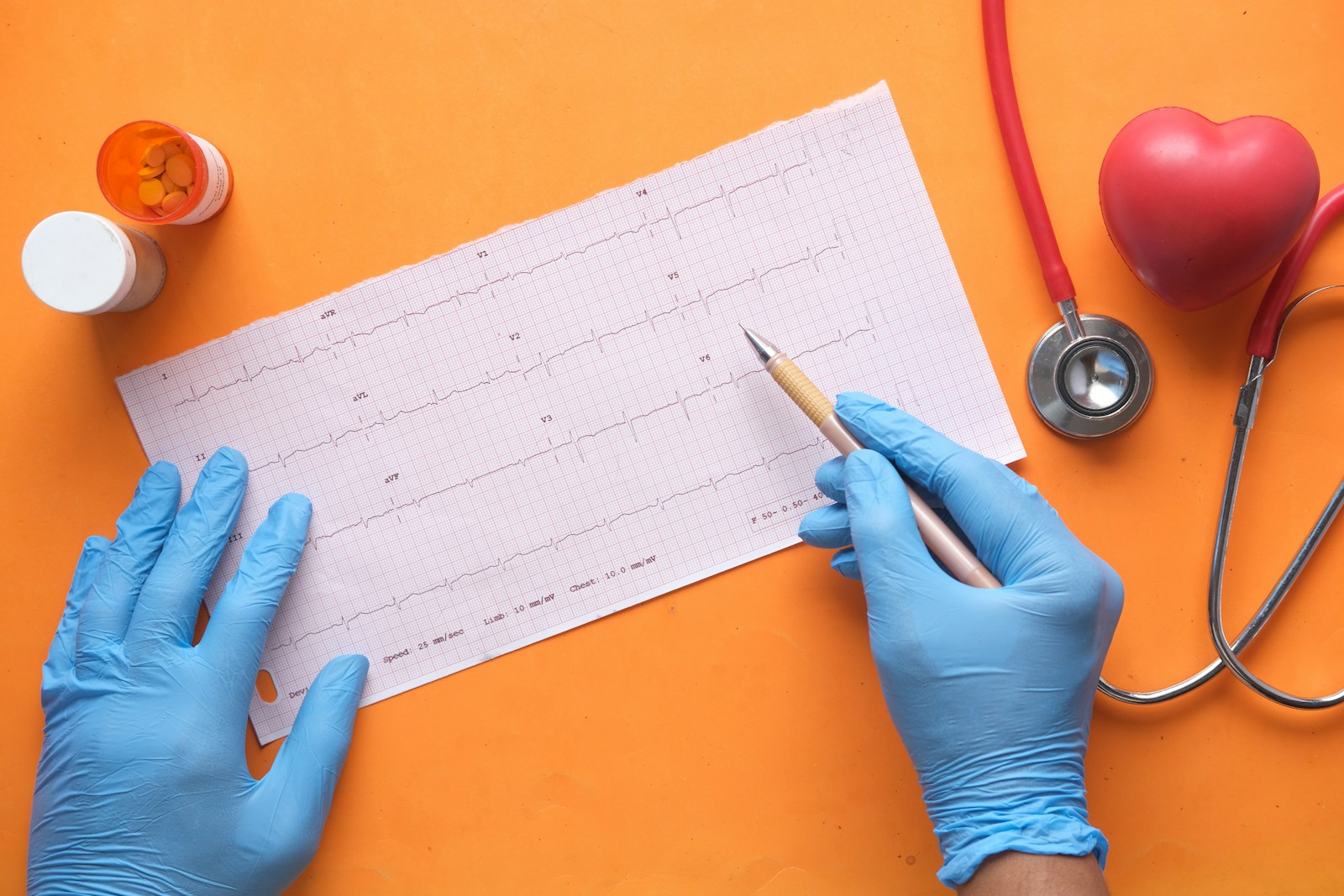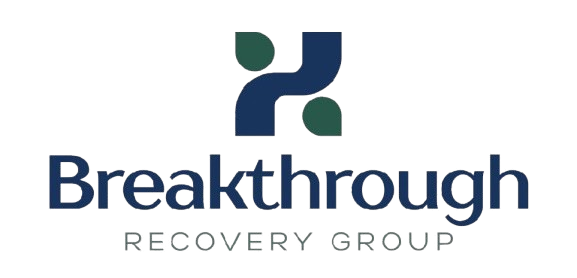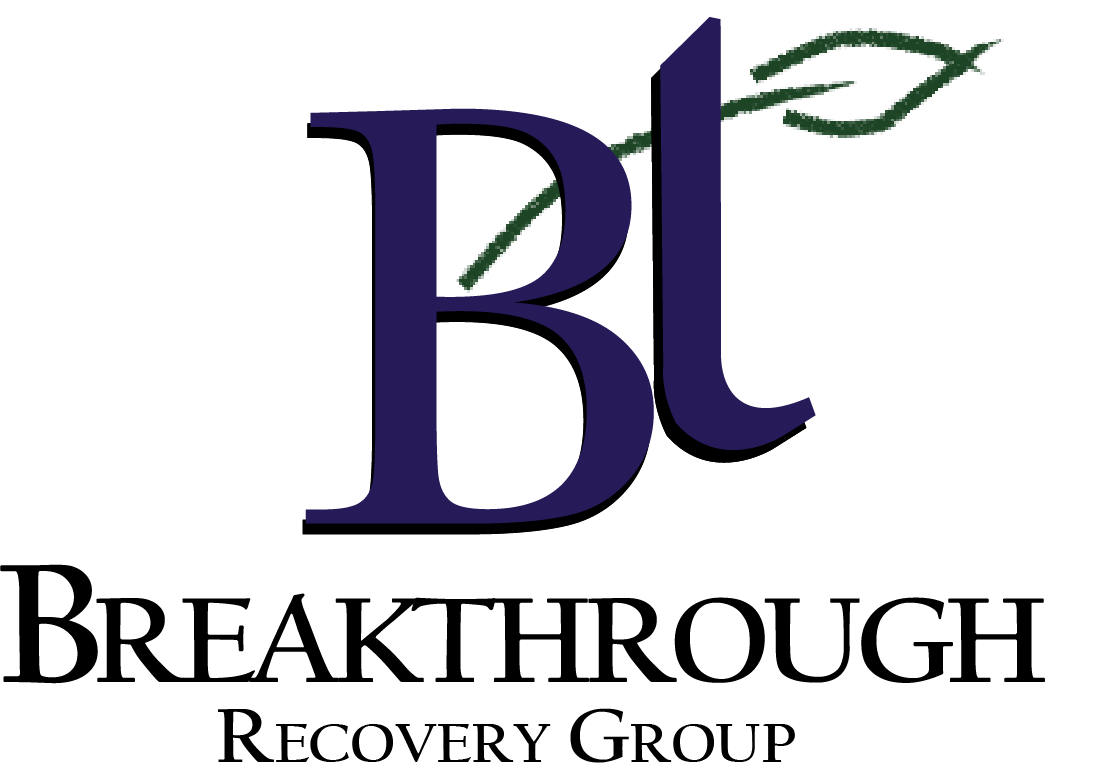Introduction to Treatment and Recovery Services in Spokane
Substance abuse is a public health challenge that knows no boundaries, and Spokane, Washington, is no exception. Despite its scenic beauty and vibrant community, the city faces an increase in addiction-related challenges. According to the National Institute on Drug Abuse, over 21.5 million Americans aged 12 and older experienced substance use disorders in 2014. Alarmingly, Spokane has witnessed a 60% increase in drug overdose deaths since 2013. For those battling addiction or supporting a loved one through this difficult time, understanding the treatment options available isn’t just beneficial—it’s essential. This guide is your roadmap to understanding and accessing the diverse and compassionate treatment and recovery services in Spokane.
What Is Addiction, and Why Does Understanding It Matter?
Addiction is not a choice or a moral failing. It’s a chronic disease that rewires the brain, causing compulsive substance use despite harmful consequences. It impacts people across all demographics and socioeconomic levels. Rooted in genetic, environmental, and mental health factors, addiction demands treatments that go beyond managing physical dependence. Comprehensive care must address these underlying factors for sustained recovery. With this understanding, we’ll now explore the types of programs available in Spokane to help individuals courageously take the first step toward recovery.
A Large Range of Treatment and Recovery Services in Spokane
Whether you’re just beginning your recovery journey or seeking ongoing support, Spokane offers an extensive range of services tailored to meet individual needs. From personalized counseling and therapy sessions to supportive group meetings that foster a sense of community, there’s something for everyone. Specialized treatment and recovery services in Spokane address specific challenges, ensuring that care is targeted and effective. Additionally, many organizations provide resources such as educational workshops, wellness activities, and access to experienced professionals who are dedicated to helping you succeed. Whatever stage you’re at, the compassionate support available in Spokane can guide you every step of the way on your path to healing and long-term wellness.
Detoxification Programs
Detoxification, or “detox,” is the first and often one of the most critical steps for many on their path to recovery from substance use. It involves safely managing withdrawal symptoms as drugs or alcohol leave the body, typically under medical supervision to ensure the process is as safe and comfortable as possible. Detox sets the foundation for long-term recovery by helping individuals cleanse their systems, stabilize physically, and prepare for the next stages of treatment and healing.
- Inpatient Detox: Provides 24/7 medical supervision, ensuring individuals receive round-the-clock care and support in a safe, controlled environment. This program is specifically designed for those with severe addiction who may experience intense withdrawal symptoms and require constant monitoring by medical professionals. With access to trained staff, medications to manage discomfort, and a structured setting, inpatient detox helps individuals stabilize physically and emotionally, laying the foundation for long-term recovery.
- Outpatient Detox: This option allows patients to receive treatment and recovery services in Spokane during the day and return home at night, providing flexibility and comfort during their recovery process. It’s an ideal choice for individuals experiencing milder withdrawal symptoms or those who have a strong support system at home to assist them through this challenging time. By combining structured care with the familiarity of home, patients can focus on their treatment while maintaining their daily routines.
Residential Treatment Programs
Also known as inpatient rehab, these programs require patients to live at the facility temporarily, often for several weeks or months, depending on their needs. Structured and immersive, residential treatment and recovery services in Spokane provide a safe and controlled environment where individuals can fully focus on their recovery without the distractions or triggers of daily life. These programs typically include a combination of therapy sessions, medical support, and skill-building activities to help patients develop healthy coping mechanisms and work towards long-term sobriety.
- 12-Step Programs: Proven approaches that provide a structured framework for personal growth and recovery. These programs focus on accountability and peer support, encouraging individuals to take responsibility, share experiences, and learn from others. By fostering community and connection, 12-Step Programs help participants stay on track, build relationships, and achieve their goals more effectively.
- Holistic Treatments: Add yoga and meditation to your daily routine to boost physical health, reduce stress, and sharpen mental clarity. Yoga improves flexibility, strengthens muscles, and promotes relaxation through mindful movement and breathing. Meditation helps focus your mind, reduces anxiety, and fosters inner peace. Together, these practices create balance between mind and body, leaving you grounded, energized, and ready to face daily challenges. Whether practiced for a few minutes or an hour, their benefits are lasting and impactful.
- Faith-Based Programs: Offer support by providing thoughtful and compassionate spiritual guidance, creating a safe space for individuals to share their struggles, reflect on their experiences, and explore deeper meaning in their lives. Help them navigate life’s challenges with empathy and care, empowering them to find a sense of peace, purpose, and direction in their personal journey.
Outpatient Treatment Programs
Outpatient programs are tailored for individuals who have completed inpatient care or those dealing with less severe addiction challenges. These programs allow patients to live at home, maintaining their daily routines and responsibilities, while attending regular therapy sessions. The structure provides flexibility, enabling participants to receive professional support and treatment without requiring a full-time stay at a facility. Outpatient care often includes individual counseling, group therapy, and educational workshops to help individuals build coping skills and maintain long-term recovery.
Medication-Assisted Treatment (MAT)
Medication-Assisted Treatment (MAT) combines the use of medication, often FDA-approved, with behavioral therapy and counseling to provide a comprehensive approach to treating substance use disorders. This method addresses both the physical and psychological aspects of addiction, offering a more holistic form of care. MAT helps manage withdrawal symptoms and cravings, making it easier for individuals to focus on recovery without being overwhelmed by the discomfort of detox. Additionally, it reduces the risk of relapse and improves overall treatment outcomes by stabilizing brain chemistry and supporting long-term recovery. The medications used in MAT programs, such as methadone, buprenorphine, and naltrexone, are carefully selected and monitored by medical professionals to ensure both safety and effectiveness. These programs are tailored to meet the unique needs of each individual, helping them regain control of their lives and work toward sustainable recovery.

Counseling and Therapy
Counseling and therapy are essential components of addiction treatment, helping individuals address the underlying causes of their addiction and develop healthy coping mechanisms. Individual counseling provides a space for clients to work one-on-one with a therapist, exploring their thoughts, feelings, and behaviors. This allows them to identify triggers, learn how to manage stressors effectively, and develop personalized strategies for achieving lasting recovery. Group therapy offers a supportive environment where individuals can connect with others who have similar experiences and challenges. It fosters peer support, accountability, and empathy while providing an opportunity for individuals to build relationships and practice social skills in a safe setting.
Accessing Treatment and Recovery Services in Spokane
Finding the right treatment plan may feel overwhelming, but it doesn’t have to be. With the right guidance and resources, you can navigate your options and find the support that fits your needs. It’s important to take the time to research available treatments, understand how they align with your goals, and ask questions along the way. Reaching out to qualified professionals, such as therapists or counselors, can provide valuable insights and help you make informed decisions. Support groups and community resources can also play a vital role in your journey, offering encouragement and shared experiences. By exploring these options, you can take control of your recovery journey and move forward one step at a time with confidence and hope.
Step 1: Consult with Healthcare Providers
Speak with a doctor or counselor who can assess your specific needs and recommend appropriate treatments tailored to your unique situation. They can provide personalized guidance, offer compassionate support, and help you explore a variety of options that align with your physical, emotional, and mental health goals. Whether you’re dealing with a temporary challenge or managing a long-term condition, a healthcare professional can help you create a plan that not only addresses your immediate concerns but also supports your overall well-being in the long run. Don’t hesitate to reach out—they’re there to help you every step of the way.
Step 2: Search Online Resources
Use tools like the Substance Abuse and Mental Health Services Administration (SAMHSA) Treatment Locator or the Washington State Department of Health Substance Abuse Treatment Directory to find facilities near you. These resources provide comprehensive lists of treatment centers, making it easier to locate programs tailored to your needs, whether you’re seeking inpatient, outpatient, or specialized care. Take the first step toward recovery by exploring these directories to connect with professional support in your area.
Step 3: Check Insurance Coverages
Before committing to an addiction treatment program, it’s crucial to have a clear understanding of what treatments your insurance provider covers. Different policies may offer varying levels of coverage for services such as detox programs, inpatient care, outpatient therapy, or medication-assisted treatment. This step is essential to ensure you can access the care you need without encountering unexpected financial challenges along the way. Take the time to thoroughly review your insurance policy, reach out to your provider for clarification if needed, and confirm all coverage details before starting treatment. Being proactive now can help you avoid surprises later and focus fully on your recovery journey.
Step 4: Attend Peer Support Meetings
Connect with others facing addiction and find the support you need through programs like Alcoholics Anonymous (AA) or Narcotics Anonymous (NA) in Spokane. These well-established programs provide a safe, non-judgmental environment where individuals can openly share their experiences, build meaningful connections, and gain strength from others on a similar journey. Meetings are available for various schedules and preferences, offering a welcoming space for those at any stage of recovery. Additionally, these programs offer access to valuable community resources and proven recovery tools to help individuals take meaningful steps toward long-term sobriety and a healthier, more fulfilling life.
Building a Foundation for Long-Term Recovery
Recovery is not a one-size-fits-all solution; it’s a deeply personal journey that varies for everyone. It often requires a combination of medical treatment to address physical health, psychological support to heal the mind, and a strong sense of community to foster connection and encouragement. In addition, maintaining consistency, being open to change, and actively engaging with the wide range of resources available can make a significant difference in achieving recovery success. Spokane offers a robust recovery ecosystem, including counseling services, support groups, rehabilitation programs, and community initiatives dedicated to helping individuals and families. With the right tools and unwavering commitment, an addiction-free future is within reach. Here’s how Spokane’s recovery network can support you or your loved one in taking the next step toward lasting change.
- Aftercare Services: Comprehensive programs thoughtfully designed to support individuals as they transition back into daily life after completing treatment and recovery services in Spokane or significant life changes. These services provide ongoing guidance, access to valuable resources, and practical tools tailored to each person’s unique needs. The goal is to help individuals maintain stability, build resilience, and achieve long-term success, ensuring they feel supported every step of the way.
- Community Centers and Peer Support Programs: Thoughtfully designed to foster meaningful connections and provide a welcoming environment where individuals can come together. These programs aim to create a sense of belonging by offering opportunities to share experiences, build supportive relationships, and learn from one another. By bringing people together in safe and inclusive spaces, they help reduce feelings of isolation and promote emotional well-being through mutual understanding and encouragement.
- Family Support Groups: These provide a safe, understanding, and judgment-free space where loved ones can come together to learn about addiction, share their personal experiences, and gain valuable insights from others facing similar challenges. These groups help families understand the complexities of substance use, explore how to set healthy boundaries, and discover effective, compassionate ways to support those struggling with addiction while also taking care of their own emotional well-being.
Conclusion
Spokane is a city that truly understands the power of community in overcoming adversity. Navigating addiction recovery is challenging, but you or your loved ones don’t have to face it alone. With its diverse and robust network of treatment and recovery services in Spokane all the necessary tools will be provided for a healthier future. Take the first step today. Reach out to our compassionate staff to start your journey today by calling 1 (509) 927-6838 or clicking Breakthrough Recovery Group. Recovery may not be easy, but it’s absolutely worth it. Together, as a community, Spokane can work toward breaking the cycle of addiction and building a future full of hope, health, and connection.





